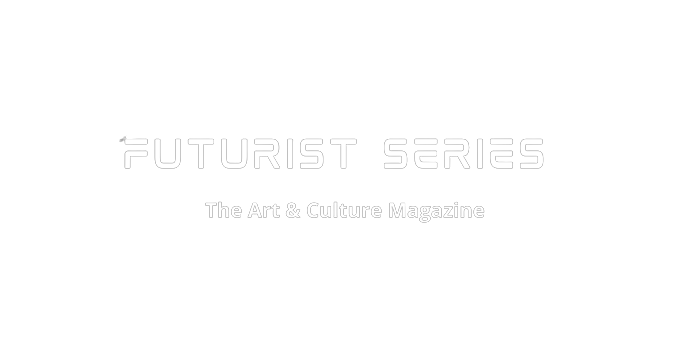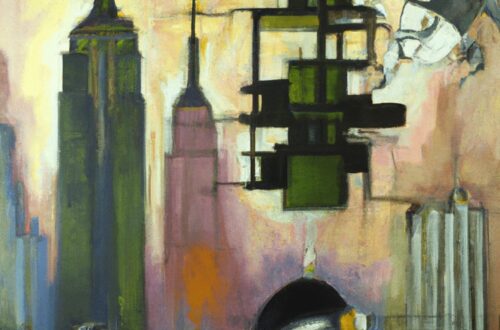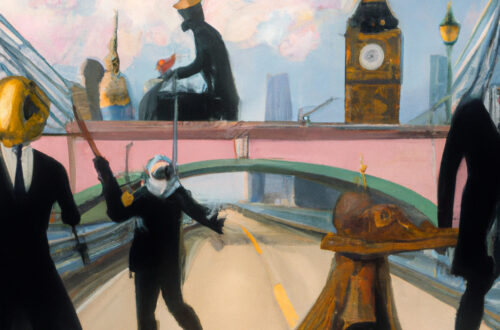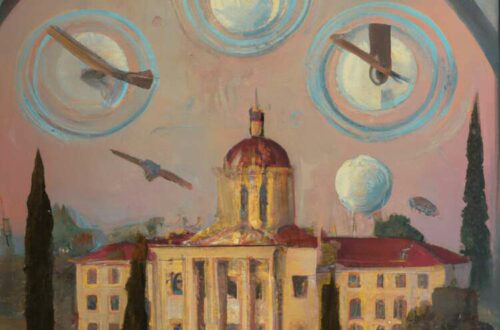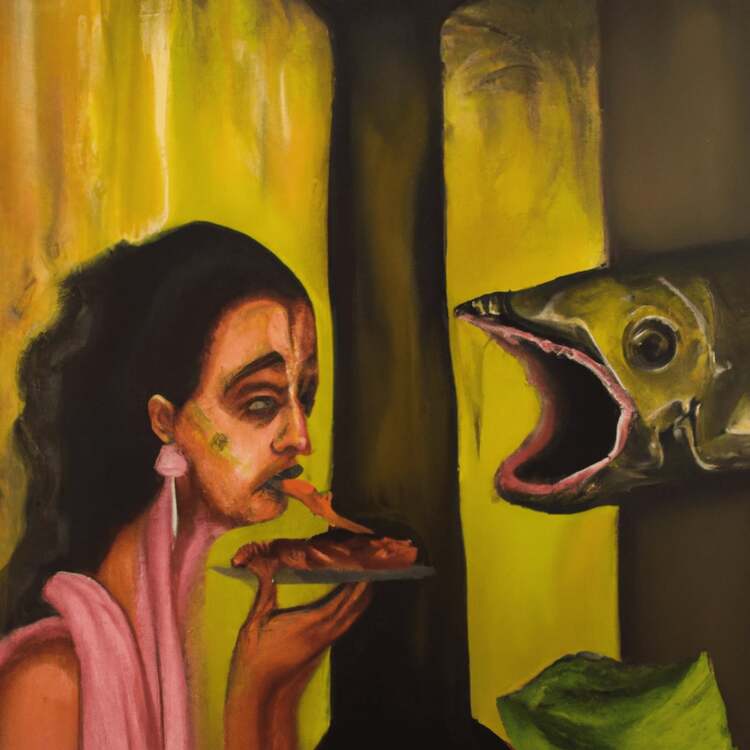
Carbon Monoxide
He can’t stop shivering. There is sweat on the inside of his stomach, and the olive grove they stand in is so beautiful. The sky hangs tranquil, cloudless, and a hint of a breeze courses through the leaves. His fingernails need to be cut. He can see the grime building up beneath them, and when he touches his face spots appear and don’t burst. The dry heat mixes with the aroma of olives in a concoction which his nostrils tell him is perfect. But Carbon Monoxide is tasteless and has no smell, so he knows not to trust his senses.
There is a poison here. Some of the others have drawn tools out of their bags. His phone lost signal three days ago when the rebels destroyed the transmitters. He can feel vomit in his throat, there are grains of sand in his boots and the strap of his ID card has torn into his neck. He has an ingrowing toenail. He’ll get it pulled out by doctors when he returns. There is a man with them who used to be a medicine man in Africa called Arnaud, but he has never seen an ingrowing toenail before and said it was probably caused by the office shoes he wears in London and New York.
He can hear sheep bleating. One of the soldiers leaves and hurries toward the sound just as a herd of goats – not sheep; he was mistaken – appear weaving among the trees. An old man and young boy accompany the livestock, the boy flicking a long and thin piece of willow at any animal that strays out of line. The soldier halts them and he can just make out parts of their conversation.
“Are you STCS?” The soldier asks.
“No, no, we are farmers.”
“Have you seen STCS?”
“I can’t tell them from you.”
“Did you come from Agua? There are STCS in Agua.”
“No, we came from Janetre.”
“There are STCS in Janetre, also.”
“We are not STCS.”
The young boy prods a goat in the eye and quickly steps backward as the animal reacts. Another soldier makes his way over to the farmer. Arnaud and one of the African diplomats look at each other.
Certain gasses make permanent bonds with the hemoglobin in your blood. You can’t be sure if they are in your bloodstream, flowing in your veins, but there’s that chance. If too much of your blood is suffocated by these bonds the oxygen supply to your brain can be cut. You can get headaches, and you can die. He has a headache, but he thinks its an onset of fever. He hopes it is. He lets his backpack slide from his shoulders and land on the grass. He reaches inside and pulls out the jacket he found at the station platform in Vares; the same night the power was cut, and someone poured chemicals into the water supply; chemicals which made the children scream.
The jacket is a fake. He owns a wardrobe of clothes by the designer name tattooed on the upper lapel of this one, and he knows how the ‘T’ and ‘R’ should look. Nevertheless, the jacket is comforting for a moment, and for a second he stops shivering and instead his skin pricks into bumps as the hair on his arm folds over.
Scattered phrases he understands are still drifting from the soldiers and farmer, but they are otherwise speaking in dialects and slang he doesn’t recognise. A single wisp of cloud has formed. The soldiers point their guns towards the sky, the old man doesn’t look up and the boy has been staring above his head at something he’s never seen before.
There is something in the pockets of the jacket. He plunges his hands into them and his fingers grasp and draw out a bundle of possessions.
A cinema ticket from the last day of the previous winter. It is a foreign film but he’s seen it before. He took Mary to see it when they were in Genoa together; it was the one where a middle aged cobbler who has never left his village gets mistaken for the leader of a rebel group of Marxists (actually killed in a plane crash that morning). When he is arrested by government forces and tortured, he sides with the rebels anyway, and lives up to their belief in him as their leader. He tries to stage a coup, but there are too many soldiers and the cobbler and his rebel allies are publicly executed.
He tried to tell Mary that it wasn’t the point of the movie that the coup failed; but rather that the cobbler for the first time in his life did something he believed in. But Mary was silent through dinner and on the way back to the hotel she was crying and he didn’t put his arm around her.
The camera woman, to whom he hasn’t yet spoken is walking over to him with an unlit cigarette in her mouth. She raises her forehead upward and holds out her hand with palm laid out flat to the sky, waiting to receive something. He looks at her and follows her gaze to his own hand, where he can see the bottom of a lighter jutting out from beneath the cinema ticket. He pulls it out and hands it to her.
The grass in the grove is longer than he expected, and greener. It hasn’t rained all summer, creating a tension in the country of expectation, of ‘almost rain’, yet the grass here must appreciate the dappled shadows from the trees. In his other hand he has drawn out a small left-glove; about as long as his little finger. He can feel something dry inside it, and as he shakes the glove a folded piece of paper falls out. On it is an address for a street somewhere in Vares, and a phone number with a digit missing. The last he heard of Vares was that there were fires in the public squares, and people who danced around them.
When was the last time he danced? Flung his body about because it felt good, felt exhilarating, felt like something?
The last object from the coat was nothing special. A photograph too faded to make out, with a pencil drawn image of a single olive tree on the back.
There is acid behind his eyes. It has submerged his optical nerve and is flooding his mouth but he can’t taste it though he knows it’s there. He has an ingrowing toenail which cuts into his skin and makes his feet smell of rot. He needs a Doctor but Arnaud is far away, running out of the olive grove with the African diplomat. The camera woman has dropped her camera on the floor and is doubled over on the floor, crying, desperately sucking at the cigarette, trying to draw in the smoke. The soldiers are running behind trees. They think they see something. There are thicker shadows cast on the floor by the bodies which hang mutilated and naked from the branches of the olive trees. The little boy doesn’t know if it was the soldiers or the rebels who did it, and he can’t stop staring.
The latest news in contemporary and modern art in New York, London, Paris and Berlin
